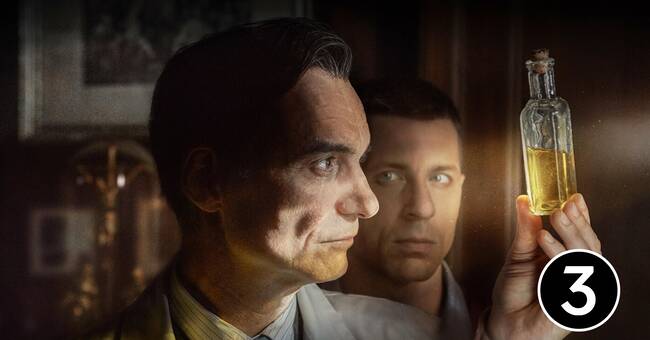Filmmaker Agnieszka
Holland has worked with the big Polish names, such as Andrzej Wajda and Krzysztof Kieslowski, and soon became one himself. She fled communism in the 80's, ended up in France and later the United States, where she has mostly acted as utility director on various series, but in recent years has worked more and more in her home country and Eastern Europe with films such as Villebråd, Mr Jones and so this biographical tribute to the healer and naturopath Jan Mikolásek.
Criticism of the system runs like a common thread throughout Agnieszka Holland's filmography, which is not unusual with narrators who were forced to crouch under Soviet oppression, as well as through the aforementioned troika films that tell in various ways about ordinary people's struggle against corrupt power. The best is Villobråd, which introduces a slight enigma into the narrative, while the other two are rather blunt things where the canonization of the biographical object at least to some extent obscures the exciting surroundings.
In Mr Jones, it is the Ukrainian famine catastrophe called the Holodomor, and here it is the extension of the Soviet state in the Czechoslovakia of the 1950s that stands as the fund and antagonist.
Jan Mikolásek's
activities and status as a healer are still controversial.
Was he an unusually gifted and sensitive naturalist who, with his herbs and urine analysis (performed by looking at urine samples through sunlight) cured millions of people or - as the Czechoslovak state claimed - a charlatan who tricked uneducated farmers into their hard-earned money?
There is no doubt where Agnieszka Holland stands on the issue, but fortunately - for the sake of commitment - her portrait of him is not as single-track.
Sure, he always helped people, but at the same time he was a rather ugly type;
moody, unsympathetic and in a load-bearing scene so treacherous that one puts oneself on guard duty in the cinema.
Vafalls !?
So where can a protagonist in a biographical fiction behave?
It is, of course,
a meta-interesting and exemplary turnaround, compared to all other prepared heroic portraits of dissidents who have gone through revues throughout film history, but at the same time it is a sequence that on an emotional level takes a stranglehold on Mikolásek's little sympathy stored during the film.
Tricky.
You are never satisfied.
The homosexual love affair that Marek Epstein's script dictates to the main character is not covered in the legs but gives another dramatic nuance to his exclusion, and to the said betrayal.
The implementation
is impeccable, albeit a little too conventional to suck properly, but the time, the environment and the depiction of political history - and the wider thought that it has a tendency to repeat itself - still make Charlatan worth his time in front of the small screen .
You can wait until it gets there.

